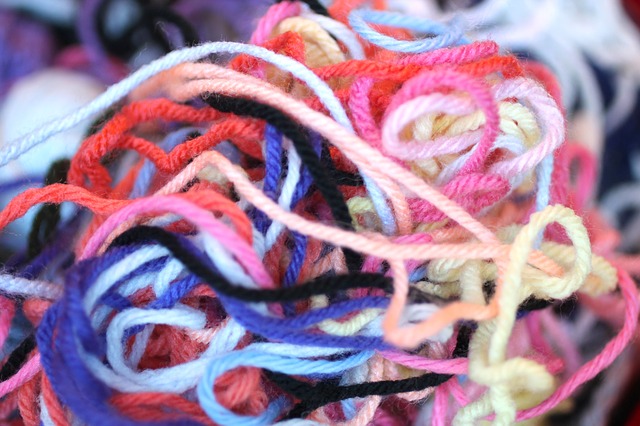Take Responsibility for Your Own Pleasure
The winter program of Unlock Pleasure began earlier this month. The program always starts by supporting participants to articulate their current relationship to pleasure. Participants are led through a process to bring conscious awareness to their beliefs and assumptions about pleasure. This current stance with pleasure may or may not be serving them. Questions like - How did I get here? What has the world around me so far, taught me about pleasure? What influences have shaped me?
What We Learn as Children
As little people we’re like sponges, absorbing the behaviour, attitudes and ideologies that surround us. We learn about pleasure from our family of origin and our early social/cultural groups. As little people, we don’t have a lot of objectivity to assess the accuracy or efficacy of what we take in. The capacity to accurately evaluate develops as we mature, but those early impressions can be very pernicious.
Unraveling Our Stories
Once we fully grasp our current images about pleasure, we have the opportunity to create something different. But that does require letting go of the old way, and any blame towards those earlier influencers (blame only keeps us stuck in the past). This opens the way towards taking responsibility for our own experience.

To this end I want to offer for consideration what I’ve dubbed Pleasure Principles:
• Pleasure is an inside job – it’s a state of being we can open to and create, based on where we put our attention, what we practice, the choices we make, and the stories we tell ourselves about ourselves and about life.
So hence,
• While social engagements and relationships are often our greatest source of pleasure – no one else can give it to you or create it for you. The experience of pleasure is yours to create. No one else is responsible for your pleasure.
• Pleasure is not contingent on getting your own way or always getting what you want.
• Pleasure isn’t indulgence – it’s not self-absorbed or selfishly egocentric.
• Pleasure that is pursued in the hopes of avoiding pain or other uncomfortable emotional states like fear, anxiety or anger often feed into a cycle of addiction, versus contributing to real pleasure.
• Pleasure often requires getting out of your comfort zone and some degree of risk taking. This risk taking may simply be trying on new behaviours and attitudes; entering into a process of change regarding pleasure.
Let me know how these Pleasure Principles land with you. I so appreciate hearing from readers of this blog.
Next entry: Make the Crisis Worth It
Previous entry: When the Road Gets Rough
“Madeline offers a safe space to explore what it is that blocks our capacity to live in pleasure. She supports us to recognize our unhealthy associations with pleasure, so we can finally open up to that which provides real power, serenity and love.”
